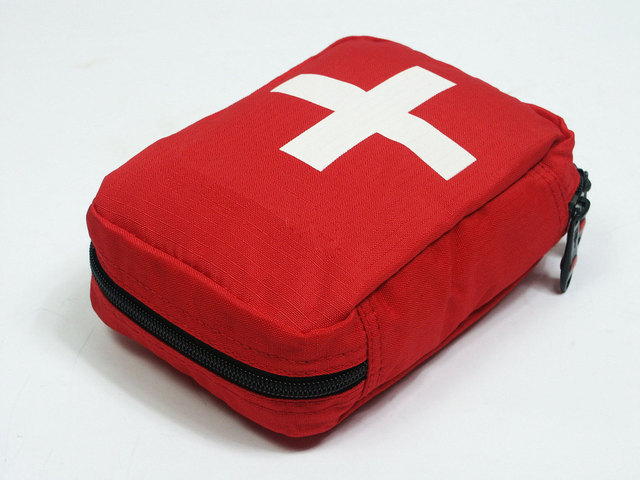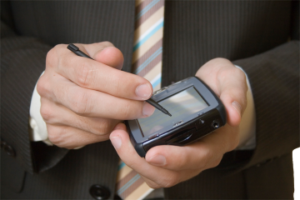Building an Emergency Kit

Winter Storm Kit – Emergency Preparation List – Power Outage Kit
With many names, serving many purposes, preparing a kit with at least these items will give you peace of mind that you are prepared to care for yourself and others during emergencies and severe weather. There are plenty of other items that could be added, but this will be more than a great start. Our favorite way to store them? In large coolers, duffel bags and large back packs.
- Water – 1 gallon per person, per day and at least 3 days’ worth.
- Food – non-perishable, nutritional, easy to prepare and at least 3 days’worth. (PB & J Sandwiches, Nutritional Bars, Nutritional Shakes, Nuts, Seeds, Trail Mix, Dried Fruit)
- Flashlights & lanterns.
- Battery-operated, hand-crank, and/or solar powered radio. An NOAA Weather Radio would be best.
- Extra batteries for your flashlights, lanterns & radio.
- First aid kit.
- Medications – at least a 7 day supply.
- Multi-purpose tool.
- Hygiene & sanitation items. Body wipes and sanitizing wipes are always useful.
- Cell phone & charger. Consider purchasing one portable, cordless, rechargeable charger per phone.
- Copies of your personal documents. (Medications, Birth/death certificates, Deeds/leases, Insurance policies, Emergency contact list (Family & Friends).
- Extra cash – ATM machines may go down.
- Pet supplies – leash, food, bowl, blanket.
- Gas – Fill your vehicle tank & have extra for your generator.
- Non-clumping kitty litter, sand, and/or rock salt for walkways & traction.
- Fuel for alternative heating methods –coal & wood for stoves & fireplaces.
- Cooler(s) to put your refrigerated and frozen food in. If power is lost, keep it full of ice and stored in the refrigerator, then avoid opening the refrigerator door as much as possible
Inspire everyone to update their kits by sharing a picture with us on Facebook or Twitter!
Printable version: – Emergency Kit Checklist

